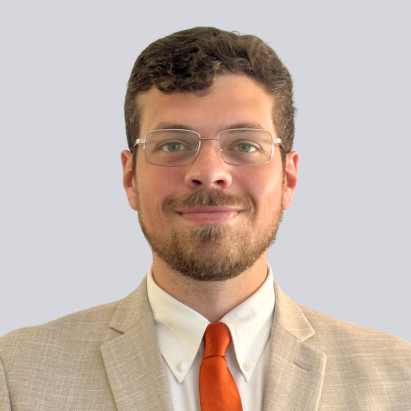Penny for Your Thoughts: Seventh Circuit Affirms The Dismissal of Milwaukee School Counselor Following Her Impromptu Speech Against Transgender Ideology

Free speech for public employees can be tricky. In the spring of 2022, Ms. Marissa Darlingh, an elementary school counselor for the Milwaukee Public School system, gave an impromptu and impassioned speech at a rally in Madison, Wisconsin where she: (1) identified herself as an elementary school counselor in the Milwaukee Public School system; (2) made a public commitment to ensure none of the children under her care transitioned socially or medically; (3) verbally condemned people who supported transgenderism; and (4) did so while using multiple expletives. Ms. Darlingh was terminated from her position following an investigation by the School District. In the aftermath, she filed a claim alleging that the termination violated her First Amendment rights.
The case reached the Seventh Circuit following a dismissal in favor of the School District. In a unanimous decision, the Court affirmed the dismissal and found that, as a public employee, Ms. Darlingh’s speech was not protected by the First Amendment. To do this, the Seventh Circuit applied the Pickering balance test—a test designed by the Supreme Court in Pickering v. Board of Education that requires: (1) the plaintiff to show that they spoke, as a citizen, on a matter of public concern; and (2) that the government did not have an adequate reason for burdening their employee’s speech in light of the employee’s own interests. Pickering, 391 U.S. at 568. Weighing in Ms. Darlingh’s favor was the location and topic of her speech. She spoke on her own time, at a rally, on the steps of the Madison, Wisconsin Capitol Building—a traditional forum for political speech. The Court also noted that transgender ideology was a topic that was important in the current social dialogue of the Nation. However, the Court ultimately found in favor of the School District. They reasoned that Ms. Darlingh’s position as a school counselor came with a special need to build trust and foster an accepting environment among other students. The Court went to great lengths to explain how the finality and vulgarity of Ms. Darlingh’s pledge against transgender ideas left little room for the School District to believe she could effectively fulfill those professional duties. As such, the Pickering test weighed in favor of the School District, and Ms. Darlingh’s speech fell outside of the protection of the First Amendment.
The Darlingh decision indicates the Seventh Circuit’s desire to take an all-inclusive approach to First Amendment cases. Specifically, the Court tasked the district courts with applying the Pickering test in a case specific way. Ms. Darlingh’s experience and employment as a public-school guidance counselor could have weighed in her favor, with the Court recognizing the weight such testimony could carry in the larger social conversation. However, the “profligate use of vulgar language” diminished that importance and made it easier for the Court to decide that Ms. Darlingh was not meaningfully contributing to that marketplace of ideas. Her profession was a fact that could have helped her case in a vacuum; but, when applied through the Seventh Circuit’s inclusive lens, it ultimately was fatal to her claim.
In light of the Court’s ruling, public employers should proceed with caution when investigating concerns around their employees’ political speech. Public employers should consider the Pickering test at the outset of any such investigation and balance the interests of both parties in light of their employee’s job expectations. While the School District was ultimately successful in defending itself from litigation, Ms. Darlingh was uniquely situated between the finality of her statements and the trust required for her position. In similar situations, the balancing test could easily find itself shifting the other way.
For more information about this article, please contact Tressler Attorney Alex Myers at amyers@tresslerllp.com.
About the Author

Alexander (Alex) Myers serves as an associate in Tressler’s Local Government and Litigation Practice Groups. His practice is primarily focused on civil rights litigation, tort litigation, employment litigation and counseling, as well as matters arising from section 1983 and police misconduct. Click here to read Alex’s full attorney bio.
